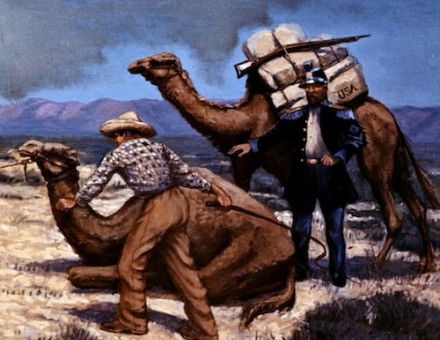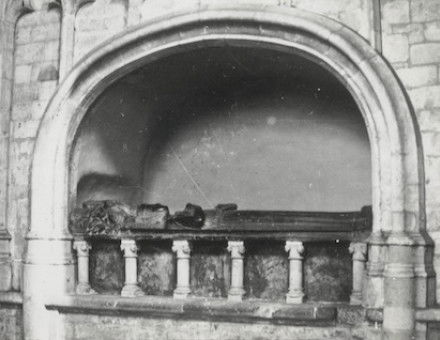The Decline and Fall of Pierre Laval
After the collapse of France in 1940, writes Geoffrey Warner, “French Parliamentary democracy perished at the hands of a man who had mastered its every art”.
Born at Chateldon in the Auvergne in 1889, Pierre Laval began his political career as a revolutionary Socialist. During the first World War he was one of the few who refused to accept the union sacrée of all Frenchmen in the struggle against Germany and consistently advocated a compromise peace instead.
But this might have been pardoned as youthful extremism, for after the war he broke with the Socialists and began to drift towards the Right. His undoubted talents made him an obvious candidate for office and he held a number of minor posts in the transient governments that followed the 1924 elections.
In 1930 he became Minister of Labour and proved a great success at the job, piloting a complicated social insurance bill through Parliament and settling industrial disputes with the touch of a born conciliator. In 1931 he became Prime Minister for the first time. If he did little to preserve the precarious financial stability built up by Poincare from 1926-29—his enemies dubbed his policies “squandermania he created a favourable impression abroad.





